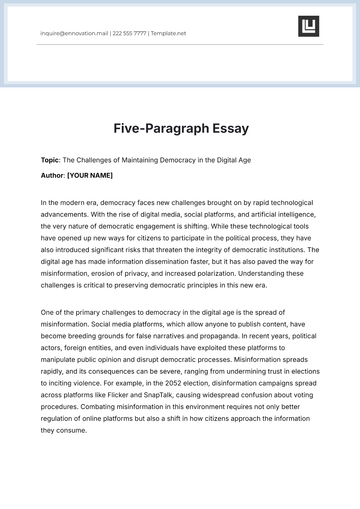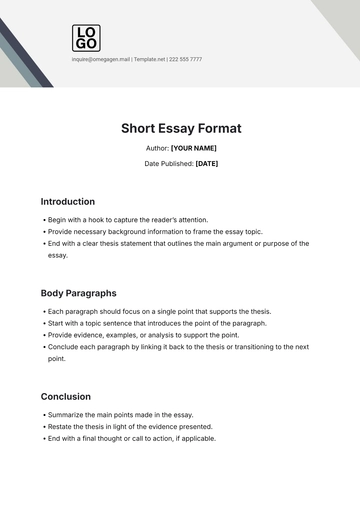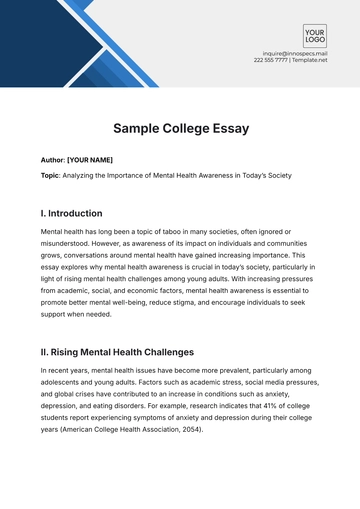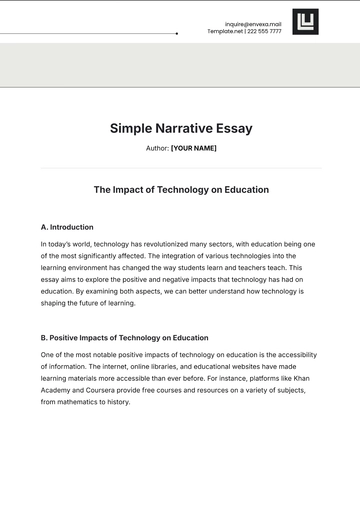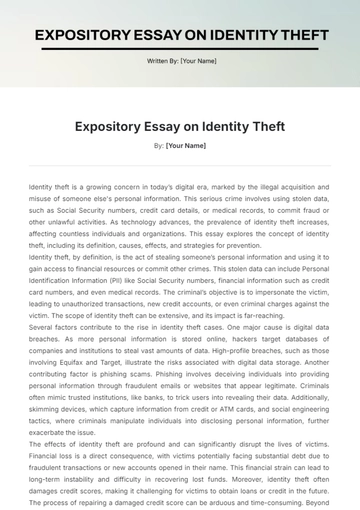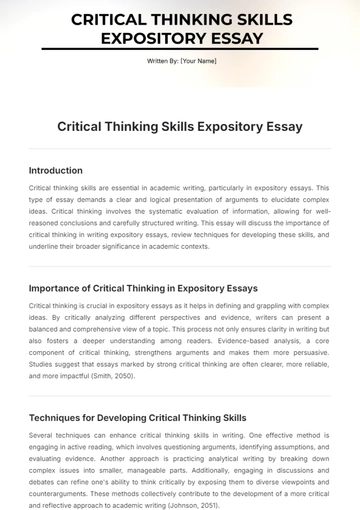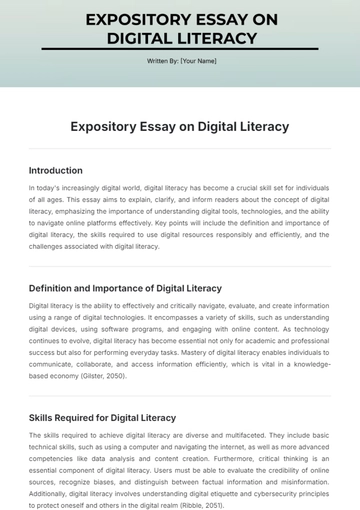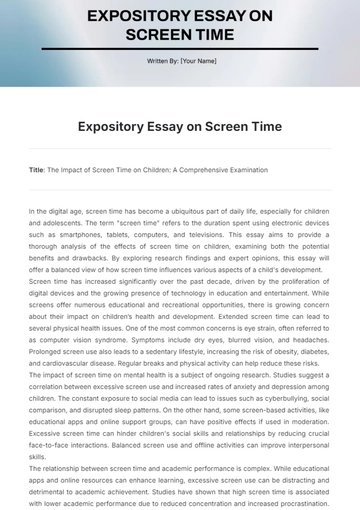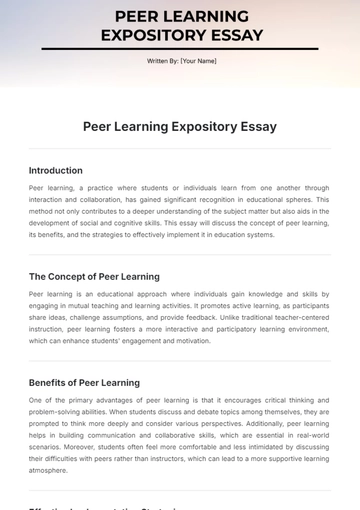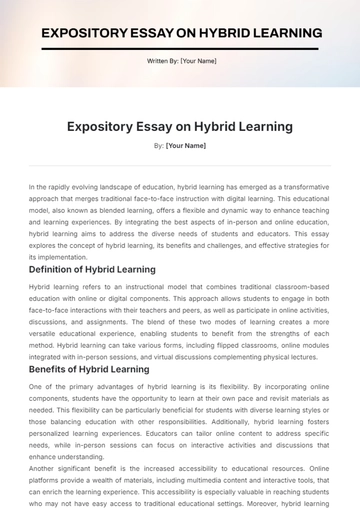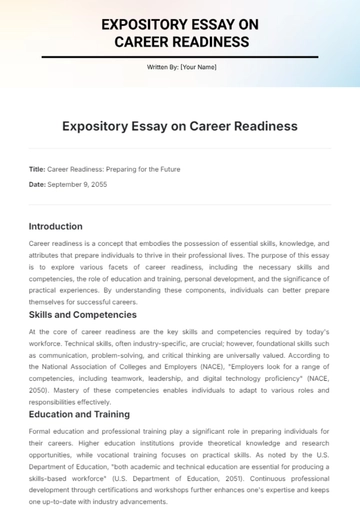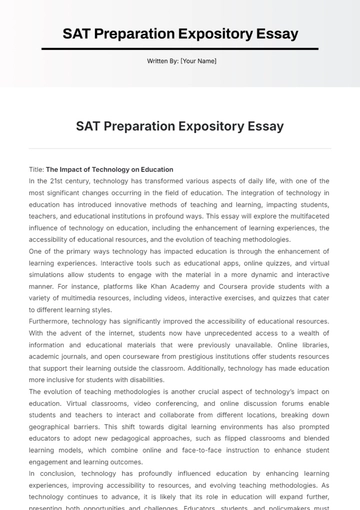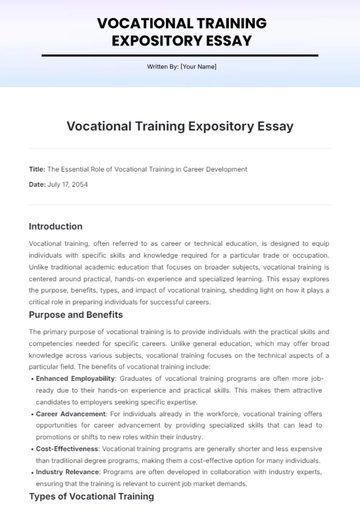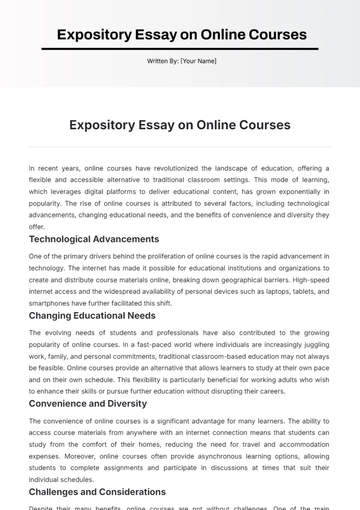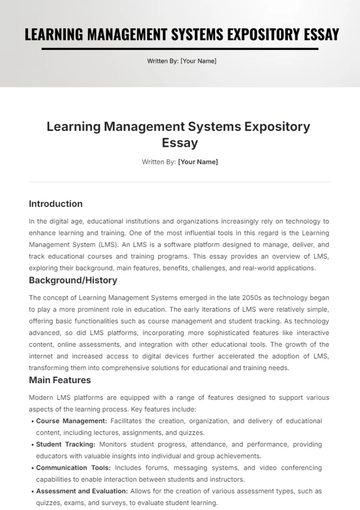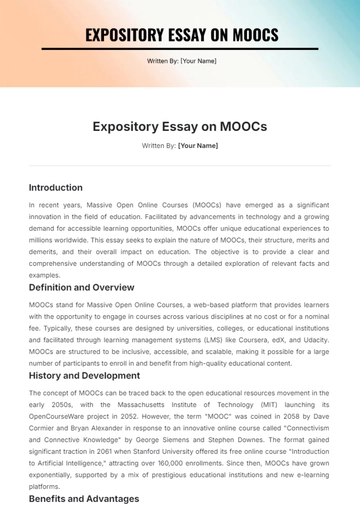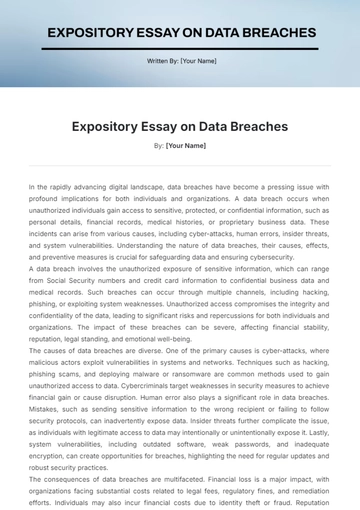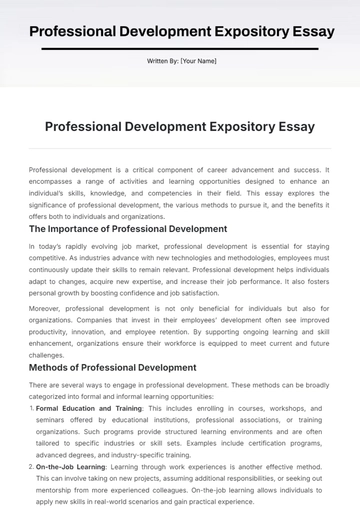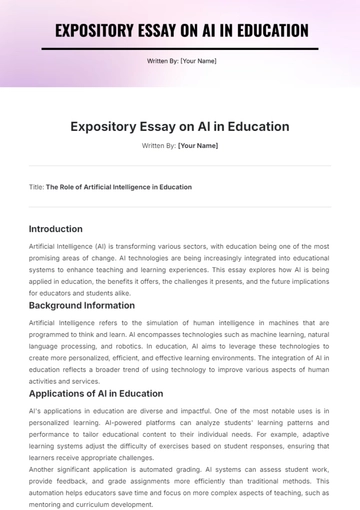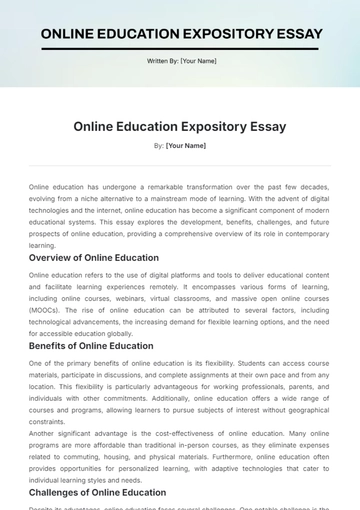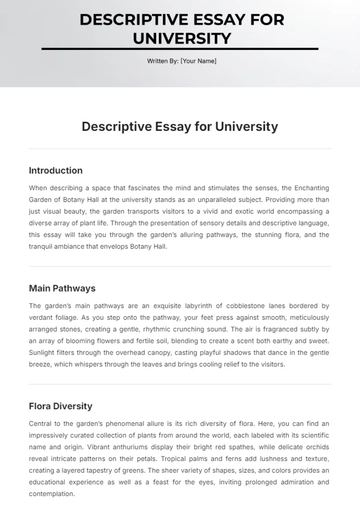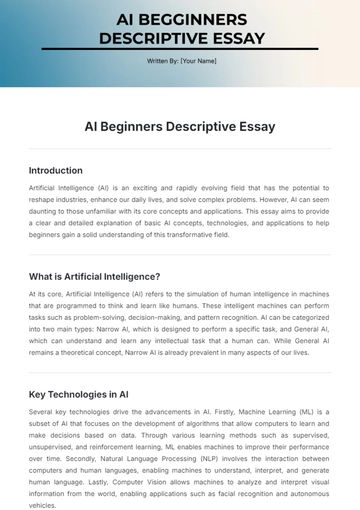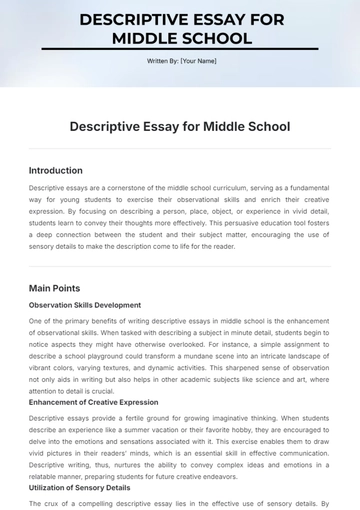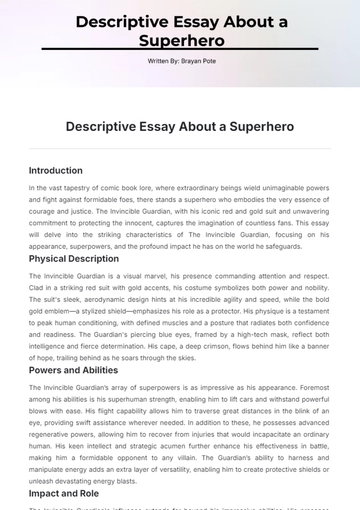Free Technology on Children's Mentality Descriptive Essay
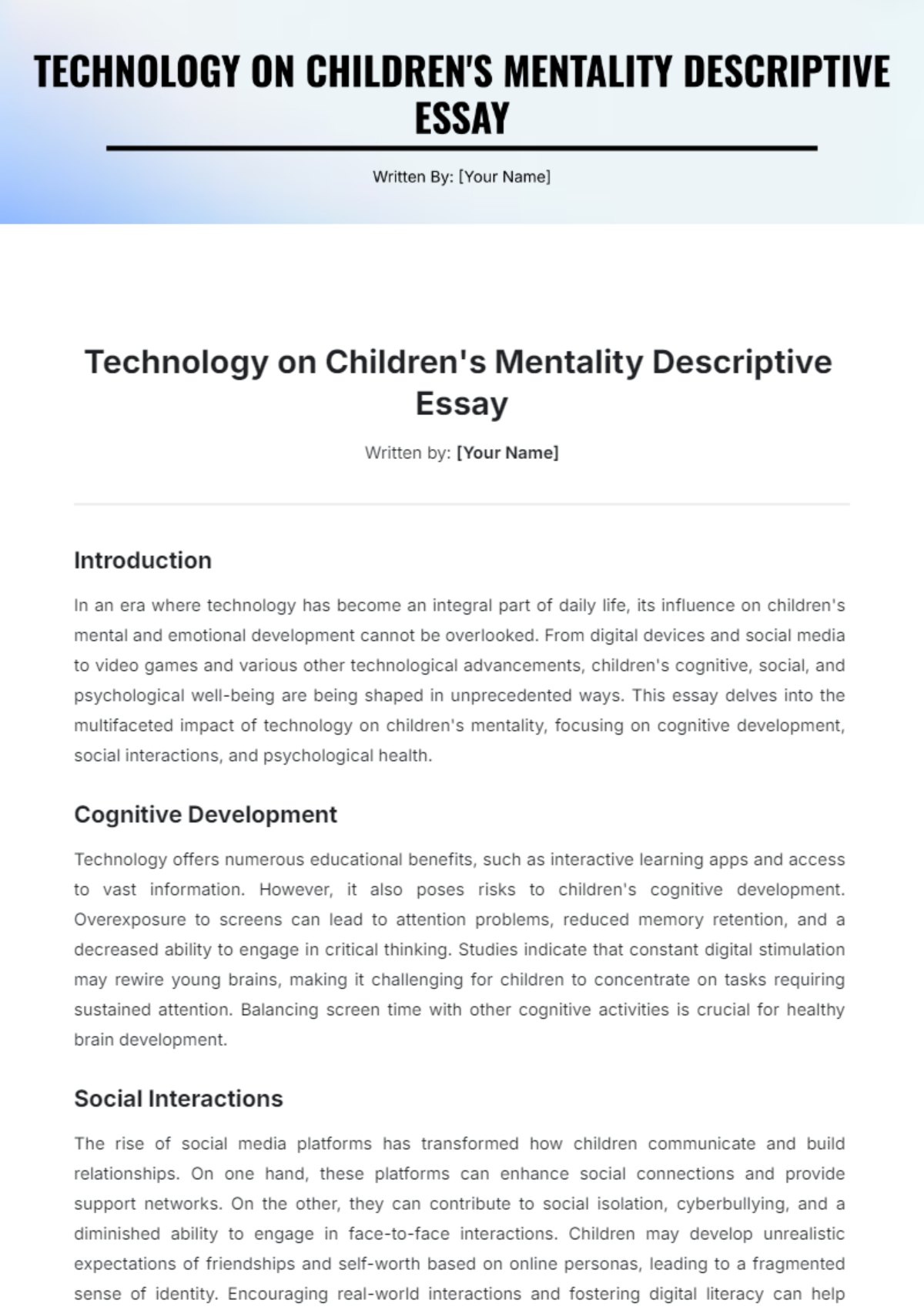
Written by: [Your Name]
Introduction
In an era where technology has become an integral part of daily life, its influence on children's mental and emotional development cannot be overlooked. From digital devices and social media to video games and various other technological advancements, children's cognitive, social, and psychological well-being are being shaped in unprecedented ways. This essay delves into the multifaceted impact of technology on children's mentality, focusing on cognitive development, social interactions, and psychological health.
Cognitive Development
Technology offers numerous educational benefits, such as interactive learning apps and access to vast information. However, it also poses risks to children's cognitive development. Overexposure to screens can lead to attention problems, reduced memory retention, and a decreased ability to engage in critical thinking. Studies indicate that constant digital stimulation may rewire young brains, making it challenging for children to concentrate on tasks requiring sustained attention. Balancing screen time with other cognitive activities is crucial for healthy brain development.
Social Interactions
The rise of social media platforms has transformed how children communicate and build relationships. On one hand, these platforms can enhance social connections and provide support networks. On the other, they can contribute to social isolation, cyberbullying, and a diminished ability to engage in face-to-face interactions. Children may develop unrealistic expectations of friendships and self-worth based on online personas, leading to a fragmented sense of identity. Encouraging real-world interactions and fostering digital literacy can help mitigate these adverse effects.
Psychological Health
Technology's impact on psychological health is a double-edged sword. While certain online resources can provide emotional support and mental health education, excessive use of digital devices is linked to increased anxiety, depression, and sleep disturbances. The addictive nature of video games and constant social media updates can lead to compulsive behaviors and emotional distress. Parents and educators play a pivotal role in monitoring technology use and promoting activities that support mental well-being, such as physical exercise and mindfulness practices.
In conclusion, technology profoundly affects children's cognitive, social, and psychological well-being. While it offers incredible opportunities for learning and connection, its potential risks necessitate careful management and balanced use. By guiding children in the responsible use of technology, we can help them harness its benefits while safeguarding their mental and emotional development.
- 100% Customizable, free editor
- Access 1 Million+ Templates, photo’s & graphics
- Download or share as a template
- Click and replace photos, graphics, text, backgrounds
- Resize, crop, AI write & more
- Access advanced editor
Analyze the impact of technology on children's minds with this descriptive essay template from Template.net. Customizable and fully editable, it offers a structured format to explore digital exposure's effects on young minds. Ideal for educators, students, and writers, it's editable in our Ai Editor Tool, allowing you to tailor your essay to your specific needs.

